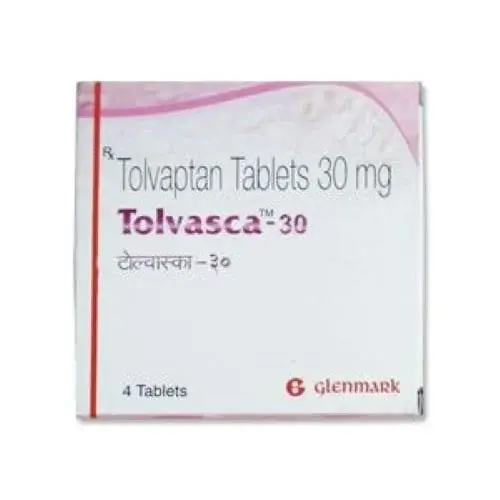Hormones are chemical messengers secreted by endocrine glands (thyroid, adrenals, ovaries/testes, pituitary) that regulate metabolism, growth, reproduction, stress response, and fluid balance. A hormonal imbalance occurs when too much or too little of a hormone is produced, disrupting these vital processes.
-
Thyroid Dysfunction: Fatigue, weight gain or loss, cold or heat intolerance, hair thinning
-
Sex Hormone Changes: Irregular menstruation, hot flashes, low libido, erectile dysfunction
-
Adrenal Issues: Chronic fatigue, salt cravings, low blood pressure, mood swings
-
Growth Hormone Disorders: Altered muscle mass or obesity, joint pain, decreased exercise tolerance
-
Insulin Dysregulation: Frequent thirst, polyuria, unexplained weight changes, blurred vision
-
-
Autoimmune Disorders: Hashimoto’s or Graves’ disease affecting thyroid; Addison’s disease affecting adrenals
-
Glandular Dysfunction: Pituitary adenomas, adrenal tumors, ovarian or testicular failure
-
Aging & Menopause/Andropause: Natural decline in sex hormone production
-
Metabolic Conditions: Type 1 & 2 diabetes impacting insulin levels
-
Medications & Treatments: Long-term steroids, chemotherapy, thyroid ablation
-
-
Stress & Sleep Deprivation: Elevate cortisol and disrupt circadian rhythms
-
Dietary Factors: Iodine excess/deficiency, caffeine or alcohol abuse
-
Weight Fluctuations: Obesity or rapid weight loss altering insulin and sex hormones
-
Environmental Endocrine Disruptors: BPA, phthalates, certain pesticides
-
Infections & Inflammation: Can impair gland function or accelerate autoimmunity
-
-
Blood Tests:
-
Thyroid Panel: TSH, Free T4, Free T3
-
Sex Hormones: Estradiol, Progesterone, Testosterone, FSH/LH
-
Adrenal Function: AM cortisol, ACTH stimulation test
-
Diabetes Screening: Fasting glucose, HbA1c
-
-
Urine & Saliva Tests: 24-hour cortisol or salivary cortisol curves
-
Imaging Studies: Ultrasound of thyroid/ovaries; MRI for pituitary evaluation
-
Dynamic Endocrine Tests: Glucose tolerance, dexamethasone suppression
-
Clinical Assessment: Symptom questionnaires, vital signs, physical exam
-
-
Thyroid Hormones:
-
Levothyroxine for hypothyroidism
-
Methimazole/Propylthiouracil for hyperthyroidism
-
-
Sex Hormone Therapies:
-
Estradiol, Progesterone for menopausal symptoms and menstrual regulation
-
Testosterone replacement in hypogonadal men
-
Clomiphene, Letrozole to induce ovulation
-
-
Adrenal & Glucocorticoids:
-
Hydrocortisone, Prednisone for Addison’s or autoimmune conditions
-
-
Growth Hormone:
-
Recombinant hGH for deficiency-related growth disorders
-
-
Insulin & Oral Antidiabetics:
-
Rapid, long-acting insulins, GLP-1 agonists, SGLT2 inhibitors, Metformin
-
-
Monitoring & Dose Adjustment:
-
Regular labs to titrate dose and avoid over- or under-replacement
-
-
Q1: How soon will I feel better on hormone replacement?
A: Thyroid and adrenal replacements may take 4–6 weeks for full effect; sex hormone therapies often improve symptoms in 2–4 weeks.
Q2: Can I adjust my own dose based on symptoms?
A: No—always work with your healthcare provider. Symptoms overlap and lab guidance prevents overtreatment or side effects.
Q3: Are there risks to long-term steroid use?
A: Chronic glucocorticoids can cause weight gain, bone loss, and immunosuppression. Use the lowest effective dose and monitor bone density.
Q4: How often should I test my levels?
A: Thyroid and adrenal labs are usually checked every 6–12 months once stable; diabetic markers (HbA1c) every 3–6 months.
Q5: What lifestyle changes help balance hormones?
A: Regular exercise, a balanced diet low in processed foods, stress management, and adequate sleep support healthy endocrine function.











